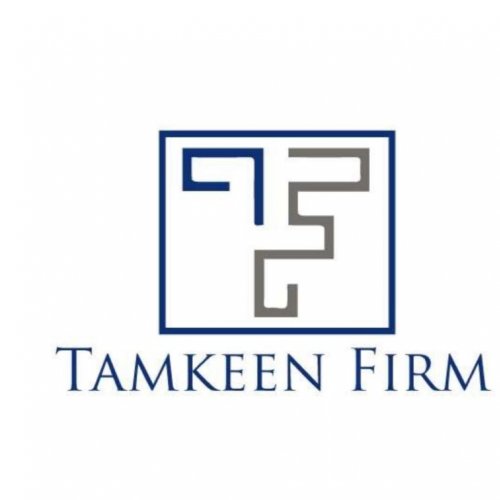Best Intellectual Property Lawyers in Tripoli
Share your needs with us, get contacted by law firms.
Free. Takes 2 min.
List of the best lawyers in Tripoli, Libya
About Intellectual Property Law in Tripoli, Libya
Intellectual property law in Tripoli, and Libya as a whole, follows international norms, with the country being a signatory to various international treaties and conventions that protect intellectual property rights. These rights involve patents, trademarks, copyrights, and industrial designs. Despite the country's recent instability, it's evident that an operational legal framework for IP rights exists and can be utilized.
Why You May Need a Lawyer
Common situations requiring legal help in Intellectual Property (IP) include the registration and protection of patents, trademarks, copyrights, and industrial designs. If you suspect someone is infringing on your IP rights, you may need a lawyer to enforce those rights. Lawyers are also essential in navigating the complexities of IP transactions, licensing, and development of IP policies within companies.
Local Laws Overview
Libya's IP laws reflect standards set by the Paris Convention for the Protection of Industrial Property and the Berne Convention for the Protection of Literary and Artistic Works. Registration is crucial in protecting your IP rights. For example, registered trademarks are protected for ten years and can be renewed indefinitely. Copyrights are protected for the author's life plus fifty years. Patents last for twenty years and industrial designs for fifteen. Infringement of these rights can lead to severe financial penalties and possible imprisonment.
Frequently Asked Questions
1. Does Libya follow international intellectual property law?
Yes, Libya is a signatory to several prominent international treaties governing intellectual property rights. These include the Paris Convention, the Berne Convention, and the Rome Convention among others.
2. Do I need to register my IP rights in Libya?
Yes, registration is crucial for protecting your rights and obtaining legal remedies in the event of any infringement. IP rights include patents, copyrights, trademarks, and industrial designs.
3. How long does the protection last?
Registered trademarks are valid for ten years and can be renewed indefinitely. Patents go for twenty years, industrial designs for fifteen, and copyrights are for the entire lifetime of the author plus an additional fifty years after their passing.
4. What happens if someone infringes on my IP rights?
If an infringement occurs and you have a registered IP, you can seek legal remedies which can include injunction, damage claims, and in some extreme cases, imprisonment of the infringers.
5. Can I license my IP rights to others?
Yes, licensing is a common practice in IP dealings. You may need an IP lawyer to help draft and revise licensing agreements based on Libyan law to ensure your interests are adequately protected.
Additional Resources
The Intellectual Property Registration Office of Libya is the main governmental body handling IP matters. They can provide assistance in registration and enforcement of IP rights. For comprehensive legal assistance, consulting specialized Libyan lawyers or legal firms with a focus on IP law is recommended.
Next Steps
If you need legal assistance with IP matters in Tripoli, your first step should be consulting with an IP lawyer. They can guide you through the complexities of Libyan IP law, help you register your IP rights, and provide crucial support if litigation to defend your rights becomes necessary.
Lawzana helps you find the best lawyers and law firms in Tripoli through a curated and pre-screened list of qualified legal professionals. Our platform offers rankings and detailed profiles of attorneys and law firms, allowing you to compare based on practice areas, including Intellectual Property, experience, and client feedback.
Each profile includes a description of the firm's areas of practice, client reviews, team members and partners, year of establishment, spoken languages, office locations, contact information, social media presence, and any published articles or resources. Most firms on our platform speak English and are experienced in both local and international legal matters.
Get a quote from top-rated law firms in Tripoli, Libya — quickly, securely, and without unnecessary hassle.
Disclaimer:
The information provided on this page is for general informational purposes only and does not constitute legal advice. While we strive to ensure the accuracy and relevance of the content, legal information may change over time, and interpretations of the law can vary. You should always consult with a qualified legal professional for advice specific to your situation.
We disclaim all liability for actions taken or not taken based on the content of this page. If you believe any information is incorrect or outdated, please contact us, and we will review and update it where appropriate.
Browse intellectual property law firms by service in Tripoli, Libya
Tripoli, Libya Attorneys in related practice areas.








